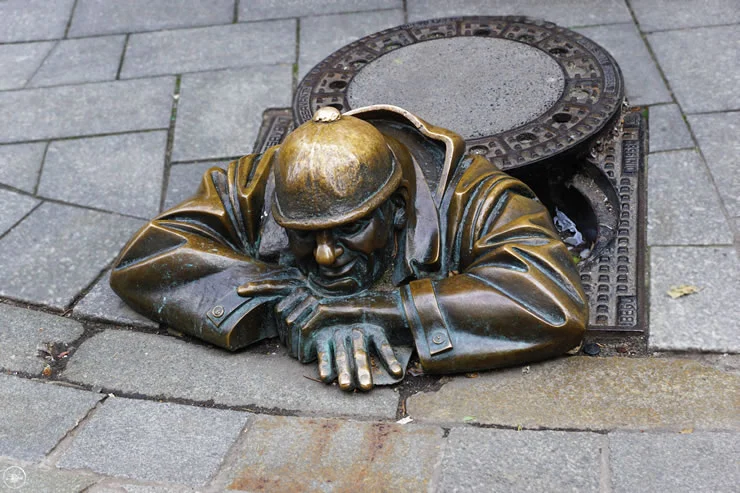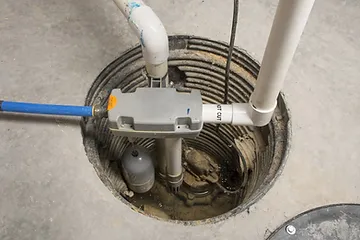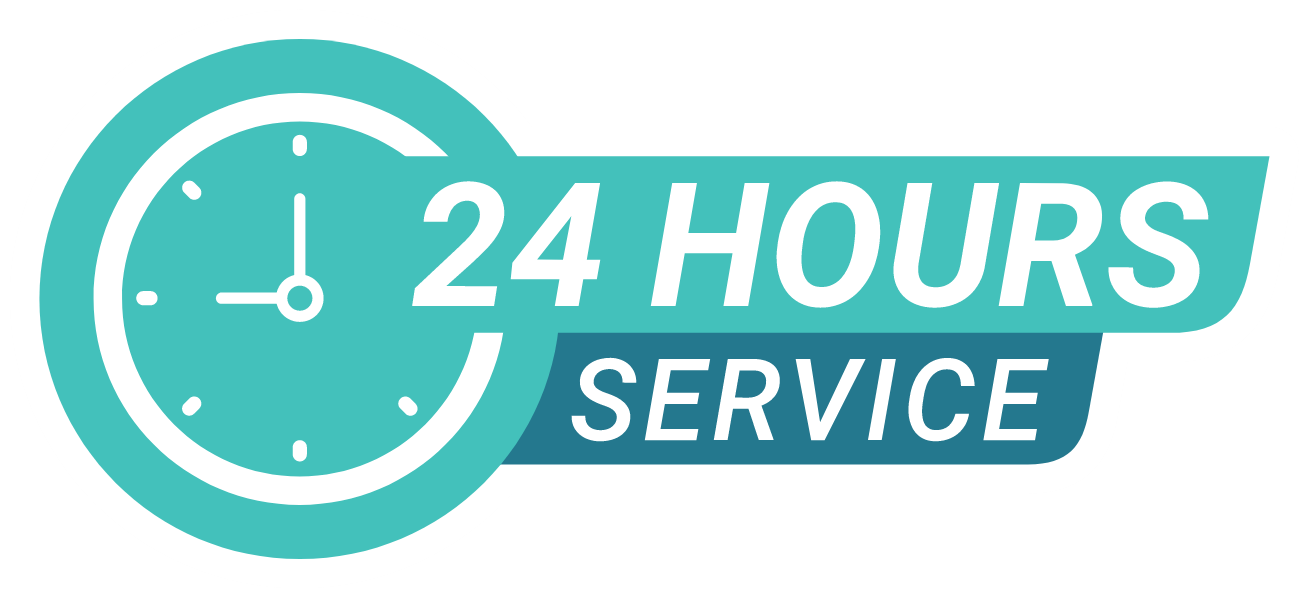Sewage in your home is an unwelcome surprise that, if left untreated, can cause serious issues that impact the structure of your property and cause health problems for you and your family. If you’re careful and follow some basic guidelines to prevent sewage backups, you should be able to minimize the chance of having sewage problems. Read on for some useful tips to help keep your property free of backups.

Tips for Preventing Sewer Problems
To reduce the chances of a sewer backup, follow these important steps.
- Have your sewer and sewer lines inspected by a qualified plumber. Ask about a camera inspection! Plumbers can use a flexible camera that snakes down your drains and gives a quick visual into potential issues.
- Repair any broken sewer lines found during the inspection.
- Take proper care day-to-day of your sewage and drain system. Don’t flush anything foreign down the toilet that’s not toilet paper and keep large items away from the garbage disposal. Keep in mind that many products billed as “flushable” (e.g. wipes, sanitary products) are not. These “convenience products” can actually cause havoc and create more clogs!
- Cooking for a crowd? Don’t drain grease or oil down your pipes. Warm grease can adhere to pipes and solidify as it cools. This also allows other foreign matter to become trapped and create backups.
- If you’re thinking of planting trees on your property, consider hiring a plumber who can advise where your pipes run. Thirsty, growing tree roots have an uncanny knack for finding (and growing into) water pipes. Tree roots are notorious for creating expensive sewage issues.
- Hire a registered plumber to install a backwater prevention valve. Sewer backflow occurs when your municipal sewer system has an overflow and backs up into your property. A licensed and registered plumber in your area can assist with ensuring your property has adequate backflow prevention.
- Lastly, make sure your insurance policy covers sewage backups. In many instances, consumer policies provided limited to insufficient coverage for sewer backups. Audit your insurance plan yearly and ask your insurance agent if you’re concerned about lacking coverage. location. This information will assist in the event of an insurance claim.
Sewer Damage in Summary

You should also ensure you have a working sump pump installed. Sump pumps purge unwanted water away from your property. They are often your first line of defense in a water or sewer backup. Being proactive about potential problems will help prevent water damage, and the sewage problems that can come with it.
Sewage Cleanup in Maryland, Virginia & Washington, DC
Sometimes sewage problems are unavoidable, regardless of the precautions you take. If a backup occurs before you’ve had a chance to follow our tips for sewage damage prevention, it’s easy to get stuck with a messy disaster. Especially if your home has had issues in the past, you may not be aware of the damage caused to your sewer system.
When facing an unfortunate sewage incident, there are ways to perform sewage cleanup safely in order to prevent more extensive problems to your property. Because of the health and safety hazards associated with sewer water, certainly this cleanup is best left to the professionals.
Luckily, Tri State Restorations can help. We provide immediate sewage cleanup for homes and businesses in Maryland, DC, and Virginia. Our crews work 24 hours a day, 7 days a week so you can safely occupy your space once again. And, our knowledgable and friendly staff is standing by to assist – Call us today – 866-818-1949. We are proudly certified by the IICRC, the Indoor Air Quality Association, and the EPA.
#sewagecleanup #sewageremoval #sewerdamage #sewagedamage #backflow #sumppump #sewerline #sewerlines #sewagebackup #sewerbackup #backupprevention #sewerbackupprevention #sewagebackupprevention
Sharing is caring!







